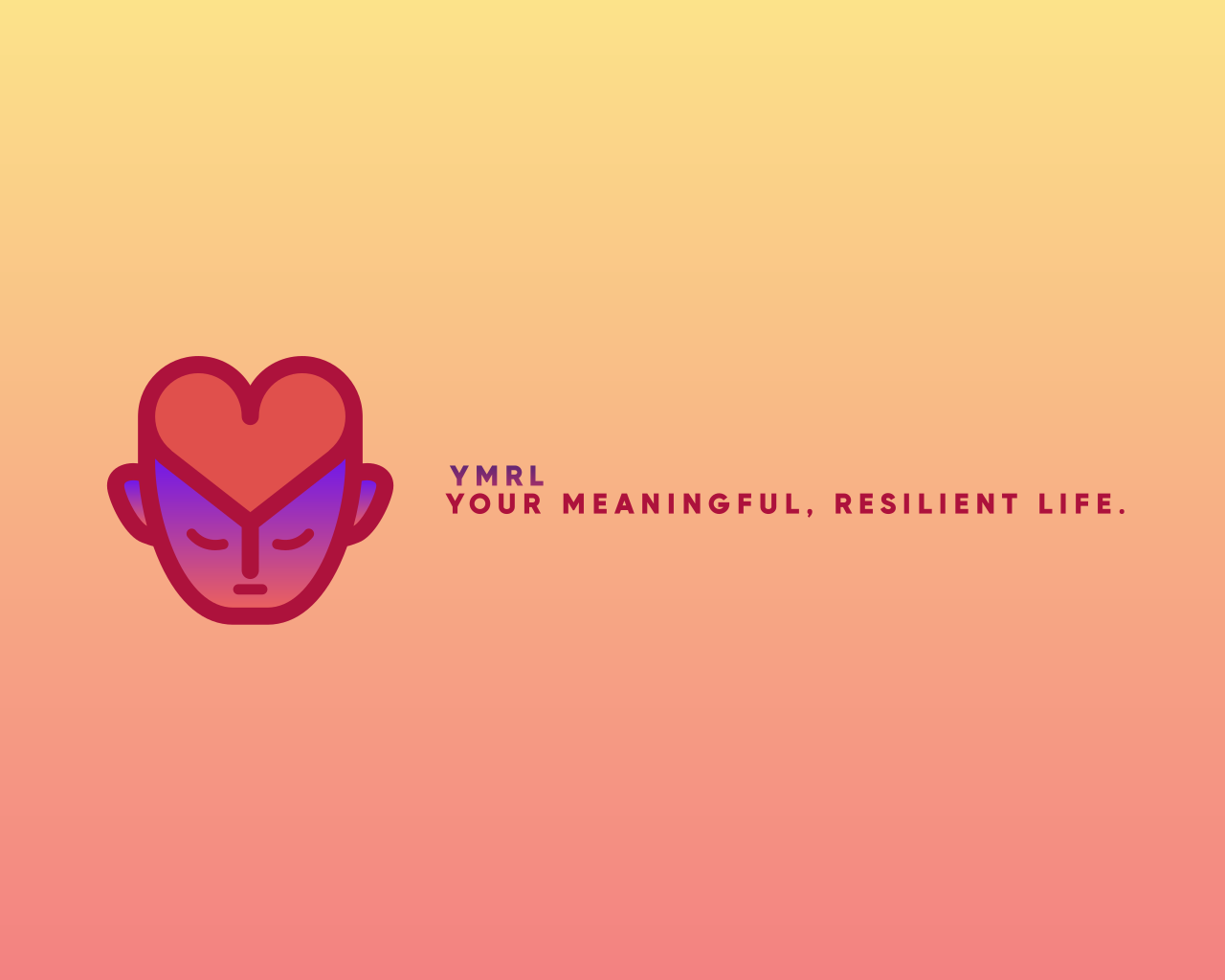The Path to Healing
As a clinician, the path to healing is not just one I guide others through, but one that I walk myself every day. It's a journey that has taken me from a place of struggle and hardship to one of stability and success, both personally and professionally. However, along the way, I've come to realize that healing is a complex and ongoing process, and that it's not always a linear journey.
There are moments when I feel like I've "made it." I look at my successful private practice, reflect on the years of hard work I put in from a very young age, and feel a sense of pride in how far I've come. I remember the days when I had to hop the turnstile (because I could barely afford my rent, never mind pay for public transit) and contrast them with my current life in Berkeley, where I can provide for my family without the constant fear of financial instability. Professionally, I feel like I'm coasting through, enjoying the fruits of my labor.
However, there are moments when I am triggered, usually by someone in my extended family. In those moments, I can feel the anger welling up inside me, and I find myself grappling with intense emotions that take me back to a place of vulnerability and pain. It's in these moments that I question whether I am still carrying the scars of my past, whether I am regressing, or whether I am not as healed as I thought. The anger I feel is palpable, and at times, I dream of expressing it physically, despite my efforts to contain it.
In these moments, I find myself reflecting on the line between toxicity and self-expression. I question whether it's healthy to feel such intense anger, and whether it's okay to express it verbally, even if it comes with sharp words and judgment aimed at the person who caused me harm. I wonder whether I am entitled to feel the rage course through me, and whether it's possible to express it without resorting to yelling or physical confrontation.
As a clinician, I understand the complexity of these emotions. I know that anger is a natural response to pain and that it's crucial to acknowledge and process it. However, I also recognize the importance of channeling it in a constructive way, without causing harm to others or myself. It's a delicate balance, one that requires self-awareness, self-control, and empathy.
I've come to realize that healing is not about erasing the scars of the past but about learning to live with them and finding healthy ways to cope with the triggers that come my way. It's about acknowledging that vulnerability and pain are part of the human experience and that it's okay to feel them. It's about understanding that self-expression is important, but it should be tempered with mindfulness and compassion.
In my journey as a clinician, I've learned that healing is hard, but it's also incredibly rewarding. It's a journey of self-discovery, growth, and acceptance, and it's one that I continue to navigate with humility and an open heart. As I guide others through their healing processes, I'm reminded that we are all works in progress, and that it's okay to be imperfect, as long as we strive to be better versions of ourselves every day.
